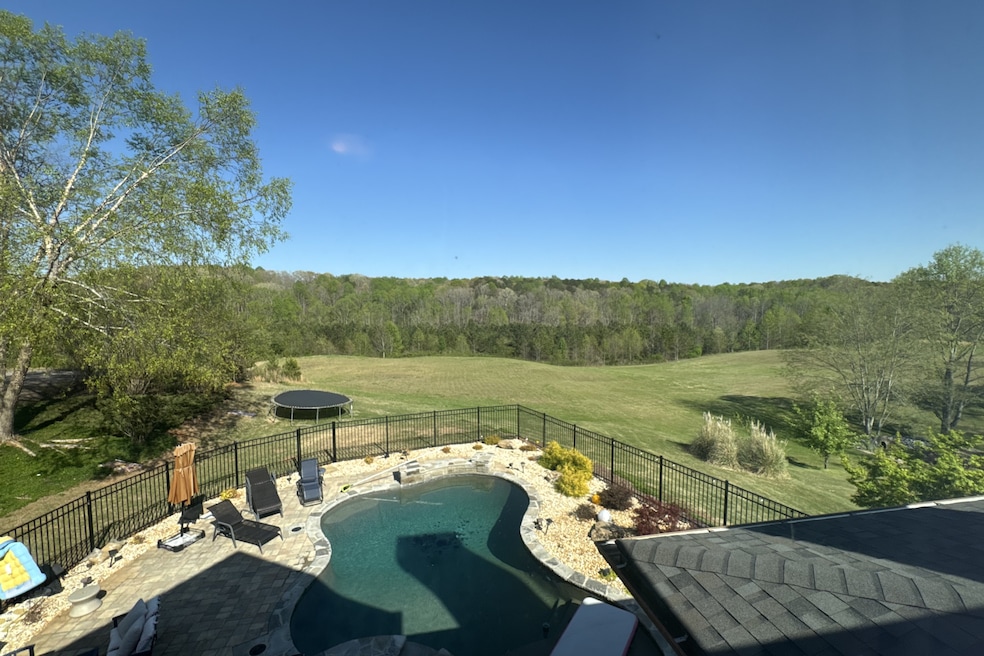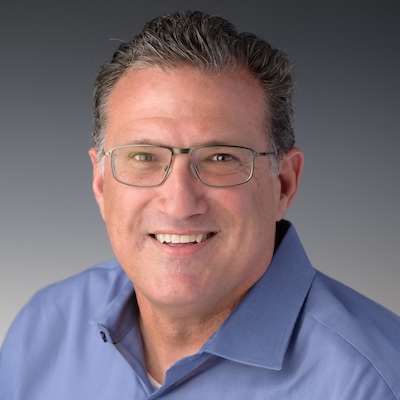Five years ago, Brian Nix bought a four-bedroom house overlooking what used to be the sixth tee of a former golf course at the Gold Creek development in Dawsonville, Georgia, a scenic enclave in the foothills of the Blue Ridge Mountains about 60 miles north of Atlanta.
Though the course had closed more than a decade before during the Great Recession, Nix, an avid golfer, remembered playing there in high school and figured efforts to restore the course would boost his property value in fast-growing Dawson County. Instead, the course remains closed, and Nix and other existing Gold Creek homeowners are at odds with the landowner over the future of the development.
"If I had known what I was walking into," Nix, 41, said in an interview, "I wouldn't have bought the house."
The Turner family, which owns Gold Creek, signed a deal with Fischer Homes to build 32 attached villas priced up to $380,000. The family hopes the villas are the first of a total of about 200 homes coming to the development, and the Turners would then use the proceeds to restore the golf course, according to Mike Turner. He said he and his brother, Grady, are managers of Gold Creek Development.
"We're still working with the city and other builders, and we're going to complete the development in some form or fashion, one way or another," Mike Turner said in an interview, adding that the timing is dependent on the city's approval of the family's plan to sell lots for future homes.
City officials have not responded to emails and phone calls. In an April 2 email, Mayor John Walden declined to comment on Gold Creek, saying the Turners have yet to submit a development plan that goes beyond the Fischer deal.
Three HOAs represent existing homeowners
Dawson County, including Dawsonville, was the nation's fastest-growing county from 2023 to 2024 among those with 20,000 or more residents, according to the U.S. Census Bureau. Dawson’s population grew 6.4% to 33,800 residents during that period, according to the Census Bureau.
Nix is president of the East Ridge at Gold Creek Homeowners Association, and there are two other HOAs: Gold Creek and Crown Point. The three groups represent the 165 existing homes in the development, according to Nix.
He said East Ridge plans to meet with some city council members on April 22, part of a regular dialogue in which homeowners express concerns about the closed golf course and poor condition of the development. Nix said the Turners don't maintain the grounds, and homeowners often mow the grass near their properties to keep it from attracting rodents.

Homeowners say they prefer for the Turners to reopen the golf course without adding any more homes. The additional housing would block views and change the character of the development, according to Nix. If the Turners can't or won't reopen the course, they should sell the property, he said.
After acquiring the 370-acre Gold Creek in 2012 in foreclosure, the Turners spent the first few years assessing the best uses for the property, according to Mike Turner. He said the death of family patriarch Kenneth Turner put plans on an extended hold, but the family is now ready to work with the city on approvals to sell development pods to other homebuilders.
Mike Turner said selling development rights is the key to generating revenue and reopening the golf course. The family does not intend to pay out of its own pocket to restore the course, he said.
Homeowners say the Turners have promised a reopened golf course for years.
"The biggest issue all homeowners have is that we all are 100% certain that, with the current landowners, the golf course will never come back, unless somehow they are forced to do so by the city," Beth Duncan, an 11-year resident of the development and president of the Gold Creek HOA, wrote in an email. "The family has been selling that story to whomever will listen ever since their father bought the course on the courthouse steps."
The Turners and the HOAs both accuse the other of a lack of cooperation. The family met once or twice in past years with previous HOA boards, but those meetings went nowhere, according to Duncan.
"Our hope is the city will ... not acquiesce to the apparent desires of the property owners to just build as many homes as they possibly can and make as much money as they can regardless of how it may affect current residents," Duncan wrote.

